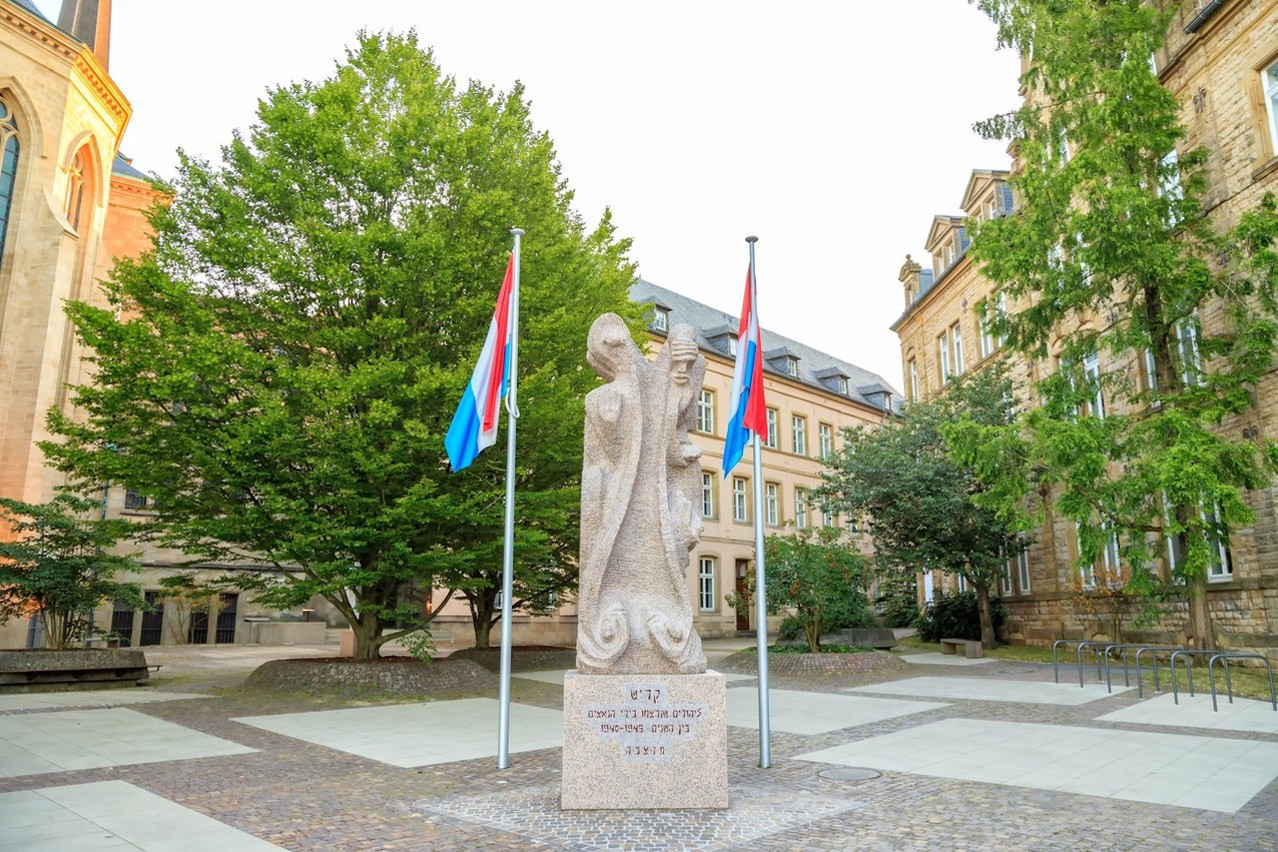“Tensions on the margins of recent protests against health restrictions in Europe often reflect a lack of awareness of the Holocaust by many of their participants.” So reads the opening statement from a communiqué issued on Thursday, International Holocaust Remembrance Day, by the ministry of culture and the national commission for cooperation with Unesco.
The ministry is part of a World Heritage Committee working group that is looking at how some 18 sites around the world that commemorate more recent atrocities and conflicts are able to connect the past to the present, memory to action, and whether these attributes are changing or being challenged because of recent shifts in interpretation.
“For some time now, we have been witnessing a profound change in values that we wrongly believed to be unshakeable: democracy, peaceful coexistence, respect for other cultures,” the ministry says. “International Holocaust Remembrance Day must remind us of the extremes to which the denial of all these values has led and can lead.”
Extremists hijacking suffering
A stark reminder of these extremes has been the use of language and gestures, banners and apparel at the recent anti-vaccination protests both in Luxembourg and elsewhere in Europe. Just last weekend Luxembourg protest organiser Jessica Polfer was pictured in a selfie at the protest in Brussels in front of a sign mimicking the horrific “Arbeit Macht Frei” gates to Auschwitz and depicting a swastika made out of hypodermic needles. Polfer may not have known at the time she snapped the photo that the sign was there, but if she has any sense of self-awareness, she should not have chosen to post the selfie once she recognised it for what it was.
Anyone who has visited Auschwitz or the historic sites at Buchenwald and Dachau, or who follows the and its daily harrowing postings, cannot help but be angered by protestors who have hijacked the suffering of the Holocaust victims.
But it is not just in Europe that awareness is being threatened. In the United States on Wednesday, the Mcminn County School board in Tennessee voted 10 to 0 to ban Pulitzer Prize-winning graphic novel Maus because, according to CNBC, it had “concerns about profanity and an image of female nudity in its depiction of Polish Jews who survived the Holocaust.” Maus author Art Spiegelman said the decision by the school board was “Orwellian”.
International Holocaust Remembrance Day, which actually commemorates the liberation of the Auschwitz-Birkenau concentration camp on 27 January 1945 by Soviet troops, is a timely reminder then that we must maintain vigilance against Holocaust deniers and those who would denigrate the memory of the six million and more victims of the Nazis. And we should avoid at all costs marching in protest alongside them, no matter what the cause.
